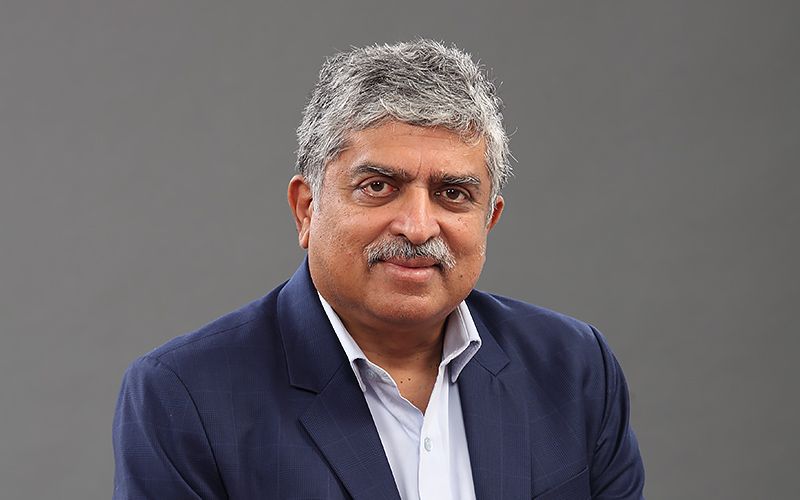Artificial intelligence can further amplify India’s Digital Public Infrastructure (DPI) and accelerate inclusion across the nation, said Nandan Nilekani, non-executive chairman, Infosys, at the Build with AI Summit organised by Meta in Bengaluru.
Speaking at a panel discussion alongside Meta’s Chief AI Scientist Yann LeCun, he said, “People have said, with AI coming in, what does it mean for DPI? We think it’s not just DPI+AI. It’s DPI to the power of AI. We believe that AI will amplify everything that we have done so far, and these tools that we’re getting are actually going to accelerate many things, such as inclusion.”
Nilekani, the brains behind the establishment of DPI, elaborated on India’s unique position, stating that the country’s digital infrastructure is providing the foundation to accelerate the adoption of AI.
The topic of discussion was the culture of open science in democratising AI.
“We feel that we have a unique position in India where, for the last 15 years, we’ve worked on building Digital Public Infrastructure (DPI) at scale. We have learnt what it means to build technology at that scale, how to design it to be inclusive, how to design it to be innovative and allow market innovation to happen. Therefore, we think that we can build on top of DPI. DPI actually is giving us a foundation to go to AI much more rapidly,” he proclaimed.
During the interaction, Nilekani also illustrated the impact of AI on inclusion with practical use cases across agriculture and education. This also comes as several startups and government bodies have built applications and initiatives to promote the use of AI as an enabler for growth across sectors.
“If a farmer in Orissa can speak in Odia, through the WhatsApp bot and get the best knowledge in the world, that is inclusive and we can do that in scale. That changes inclusion dramatically. Or if we can have an AI that can enable a child to figure out exactly why the child is not learning to read Tamil or Hindi and help them learn..you can change the reading abilities of 200 million children, that’s impact,” Nilekani said.
“Printing press democratised reading. It led to so many changes in religion, democracy.. But in India, we still have millions of kids who can’t read. Now, if we can use AI to improve the reading skills of every child, then they will also join the reading economy. We are on the verge of that,” he added.










